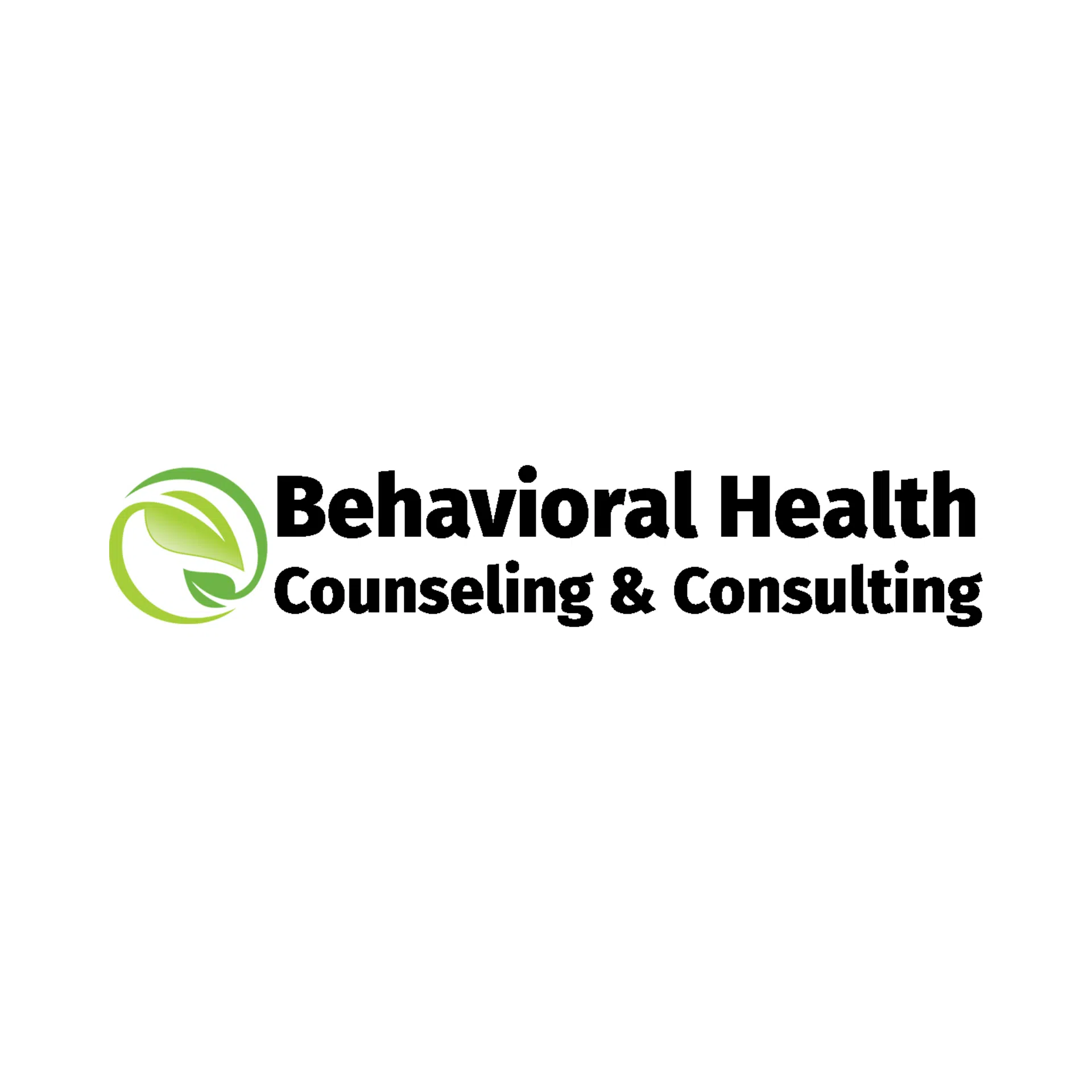We’re living in an unprecedented time. You’ve probably heard that a lot.
But the year 2020 has been like no other year in terms of its emotional weight and unpredictability.
From a worldwide pandemic to natural disasters coast to coast to protests and unrest in major cities and the pending (and divisive) Presidential election – it’s been a rough year on our mental health.
The election on November 3rd and its outcome, according to a recent survey by the American Psychological Association, is officially causing major stress in Americans’ daily lives.
According to the findings, two-thirds of U.S. adults (68%) said they’re suffering significant election-induced stress. This is up from previous study findings ahead of the 2016 Presidential election, which found that 52% of U.S. adults said similar.
Americans’ election stress is so heavy on both sides of the polarizing political aisle, in fact, that we now have an unofficial name for it: election stress disorder.
And it’s marked by a few symptoms including:
- Feeling cranky, irritable, and overwhelmed especially in keeping up with the election news cycle
- Feeling anxious being around people who have different political views than you do
- Developing the “fear of missing out” and checking news sites and social media for updated news every hour or more frequently
- Feeling that election-triggered stress is causing a some level of imbalance in your usual routine
Fortunately, there are ways to keep so-called election stress disorder at bay, and it’s helpful now, on Election Day, and beyond after the poll results are in.
Read on for 5 ways you can safeguard your mental health and reduce political stress right now and in the future.
#1: Limit Your News Consumption
Keeping up with news locally and nationally is one thing. It’s good to stay informed.
However, when the urge to keep up with the cycle of political news specifically starts to become an addiction, it can have a negative effect on your mental health.
Things like checking your phone frequently for political news updates, allowing your quest for updates to become more important than your responsibilities, feeling depressed after watching new reports, and feeling empty without them can all signal you might have a problem. When you add in the contentiousness of political reporting these days, your newshound habits can make you feel worse.
To avoid these feelings, limit your political news consumption as much as you can, even taking a news hiatus at times when you need to focus on more important things in your life. And, since news comes at us from all angles these days, be sure to limit it on multiple platforms, from television to radio, news sites, and social media. Healthy limits can restore the balance of your mental health.
#2: Stay Connected with Family and Close Pals
Political ideologies aside, it’s important to have a few close family members or friends you can turn to for emotional support – and be able to talk with about your feelings, even if they do touch on politics. Research tells us you can overcome stressful times more effectively when you confide in emotionally supportive peers.
With this in mind, it is a good idea to identify your emotionally supportive confidants wisely so you can avoid potential debate or conflict. This doesn’t mean you should choose confidants of the same political persuasion only, but choose confidants that are able to separate any urge to debate from the importance of caring for a good friend.
#3: Avoid Social Media Conflict
When it comes to social media, you might have heard the phrase “Don’t feed the trolls.”
This phrase refers to the idea that you shouldn’t respond to disruptive, attention-seeking commentary on social media. If you follow any news outlet on various social media channels, you’ll likely find widespread debates happening by the minute in comment threads. Political posts, no matter where they fall on the political spectrum, are no different.
To safeguard your mental health, try your best to avoid conflict on social media, including debating with strangers – and people you know. Consider also the type of content you’re sharing on your channels. Is it divisive? Will it offend some of your followers? If you wouldn’t say it in the brick-and-mortar world to a room full of strangers (and close confidants alike), don’t say it on social media.
Recent research has also shown that social media commentary on political news can make us all feel more divided in our world. It’s best to ‘scroll on by’ contentious posts and don’t expose yourself to them. Make it a point not to contribute to them either to protect your well-being.
#4: Focus on Your Hobbies and Find New Ones
Remember your hobbies? Maybe you love to read or garden, create art, play music, or participate in a sport. Right now, it’s important to devote time to fulfilling hobbies that take your mind off politics and the news cycle – and bring on a little self-care. Doing so can bolster your well-being, solidify your sense of purpose, and keep you focused on what’s really important to you in your life. If you don’t have any hobbies or find yourself bored, find a new one!
#5: Keep a Positive and Realistic Outlook – And Give Back
On Election Day, there’s a good chance the final result could be up in the air in the days following. And even if there is a clear winner, whether it’s your chosen candidate or not, it’s important to stay positive, realistic, and focus on what you can control. History tells us that most change isn’t brought on by a single event, but a series of events overtime. Our country will not change overnight, no matter what the result. Take comfort in this.
It can also be comforting to adjust your focus and spend time giving back to your local community, which still has its needs and could use your help. From volunteering with a nonprofit you’re passionate about to joining your child’s school PTA to starting a holiday food drive for your local food locker. Getting involved in your local community and working to serve its needs can help bridge the division you might feel at the national level in the days following the election. It can also help you feel a bigger sense of control over the world around you.
Need to Talk with Someone? Reach Out to Us
Election stress or not, 2020 has been rough on all of us. Talking with a licensed counselor about your feelings can help you make sense of them and help you overcome feelings of anxiety and depression. Reach out to us anytime to get matched with a skilled counselor who can help you overcome your challenges. We’re currently meeting with clients in person in our Metairie office and virtually via telehealth therapy. We’re here to serve you.
- About the Author
- Latest Posts






